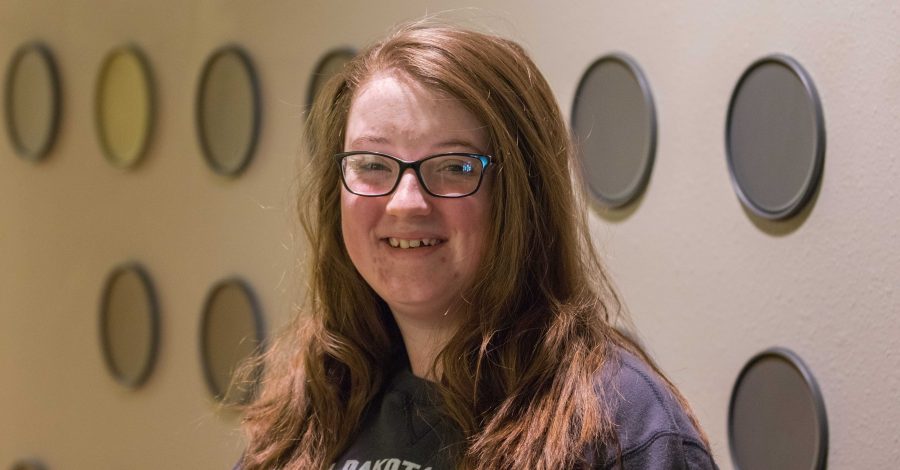Opioid crisis: End the stigma of addiction
November 19, 2019
Hiding within the statistics of national opioid overdose cases are the real stories of actual people. People with families, friends, dreams and lives are impacted forever.
According to the National Institute of Drug Abuse, more than 130 people in the United States die after overdosing on opioids every day.
Despite that, I can honestly say that the opioid epidemic never seemed to come up in conversation when I would talk about important topics. I never seemed to draw a hard line on what my opinion was of the obvious drug problem we have in our country.
For the longest time, I felt that I couldn’t have much sympathy for someone who would choose to stick a needle in their arm if they knew what they were doing could ultimately kill them.
I didn’t think the problem would ever affect me because that wasn’t how I’ve chosen to live my life.
That was until I lost someone I deeply love.
Between the aching, painstaking sobs through the phone I was told the truth.
My ever-so-happy, hardworking, inspiring and courageous loved one had a dark truth that ultimately ended her life. Something that I truly knew nothing about took her from all of us before we could even put the pieces together.
This isn’t just a problem that affects “druggies” or “pill poppers.” This is a human problem that holds true in the lives of hundreds of people every single day.
This cannot be another issue that we shy away from because of the shame, guilt and “what-ifs.” I believe we must bring to light the reality of how these addictions can get out of control, even for the most “ordinary” people.
My cousin was successful, college-educated, working multiple jobs and proud of it. She made efforts to detox from her mistakes and took on every single physical problem related to trying to come clean like a champ.
She’s left behind nieces who adored her, friends who were blown away by her generosity and kindness and a family who can’t imagine living in a world without her. She was a human being, not just another statistic. But, help isn’t always the easiest thing to come by.
I know this grief process is going to be hard. In fact, it feels different than any other death I have mourned due to the stigma around this sort of sudden, tragic type of death.
I want people to remember the stories of people that pass on in stigmatized ways like opioid overdose. At the end of the day, we are all human and deserve to be remembered by the light we radiated during our lives, not just the darkness we found ourselves in during one tragic moment.
If I know anything about my cousin, it’s that she would have wanted all those she left behind to be happy through all of the pain that her choice left us in. She was always the one who would tend to the needs of the people she loved before handling her own demons and wouldn’t want to be remembered by one faulty choice.
I know my family will never understand the reality of her passing until we start to accept the facts. We need to start helping solve this problem instead of stigmatizing individuals who have struggled.
The amount of people who die from opiates is a national crisis, one of which can only be conquered by conversation, open-mindedness, advocacy and a true sense of concern for our fellow humans, not something to be shamed into complacency.
Life cannot be summed up in one single moment, and somewhere along the line, we have forgotten this important fact.
Feeling angry and sad is normal. Letting yourself cry and be upset over it is understandable. We often feel that we must shy away from our grief out of shame. The pain is real for me, and it may be for you or anyone else who can relate to having a loved one pass on, clumped into another “statistic.”
For more information on the stigma surrounding drug addiction and the opioid crisis, visit https://www.shatterproof.org






















Jonna Belle Hodnett • Feb 25, 2023 at 8:45 pm
Not many people can explain the feeling of losing someone over drug abuse, but you explained it perfectly. Amazing way of putting it,